Autism Spectrum Disorder (ASD) presents unique challenges, and families worldwide are exploring innovative treatments to enhance the quality of life for their loved ones. Stem cell therapy has emerged as a promising approach, and India has become a leading destination for this treatment.
Key Insights at a Glance:
- Stem cell therapy offers potential improvements in autism symptoms.
- India provides advanced treatments at competitive prices.
- Autologous bone marrow-derived stem cells are commonly used.
- Significant improvements reported in communication and social interactions.
- India's medical infrastructure supports comprehensive autism care.
Understanding Stem Cell Therapy for Autism
Stem cell therapy involves using the body's own regenerative cells to repair and regenerate damaged tissues. In autism, this approach aims to address neurological impairments by promoting neural repair and modulating immune responses. Autologous bone marrow-derived mononuclear cells are often utilized due to their potential to differentiate into various cell types and their safety profile.
Did you know?
Autologous stem cells are harvested from the patient's own bone marrow, minimizing the risk of rejection and ethical concerns associated with other stem cell sources.
Benefits of Choosing India for Autism Stem Cell Therapy
India has become a preferred destination for stem cell therapy for several reasons:
- Cost-Effective Treatment: The cost of stem cell therapy for Autism in India is significantly lower than in Western countries, often one-tenth of the price, making it accessible to a broader range of patients.
- Advanced Medical Facilities: India boasts state-of-the-art medical centers specializing in stem cell therapy, equipped with modern technology and adhering to international standards.
- Experienced Medical Professionals: A significant number of highly skilled experts are available in different medical institutions and private hospitals in India.
- Comprehensive Care: Many Indian clinics offer holistic treatment plans that combine stem cell therapy with supportive therapies such as occupational therapy, speech therapy, and behavioral interventions to maximize outcomes.
Did you know?
NeuroGen Brain and Spine Institute in Mumbai has effectively treated over 1,800 autism cases using autologous bone marrow mononuclear cell grafting, reporting significant improvements in various aspects of autism.
Reported Improvements Post-Treatment
Patients undergoing stem cell therapy in India have shown notable improvements in several areas:
- Enhanced Eye Contact: Approximately 70% of patients demonstrated improved eye contact following treatment.
- Improved Communication Skills: Patients have exhibited better speech and communication abilities, facilitating more effective interactions.
- Reduction in Repetitive Behaviors: A decrease in stereotypical and repetitive motor mannerisms has been observed, contributing to more adaptive behaviors.
- Better Social Interactions: Many patients have shown increased engagement in social activities and improved relationships with peers.
Did you know?
In a study published in the "Stem Cell International" journal, NeuroGen BSI reported significant improvements in autism symptoms following stem cell therapy, highlighting its potential efficacy.
Cost of Stem Cell Therapy for Autism in India
The cost of stem cell therapy for Autism in India varies based on factors such as the type of treatment, the severity of the condition, and the medical facility. Here's a general breakdown:
| City | Approximate Cost (USD) |
|---|---|
| Mumbai | $12,000 |
| Delhi | $2,500 – $3,800 |
| Chennai | $2,600 – $3,500 |
| Bangalore | $2,200 – $3,700 |
Note: Prices are approximate and may vary based on the specific clinic, treatment protocol, and individual patient needs.
These costs are significantly lower compared to Western countries, where similar treatments can range from $25,000 to $30,000.
Success Rates and Considerations
Stem cell therapy for autism in India has shown promising results, with success rates varying based on the severity of the condition:
- Mild to Moderate Cases: Success rates of 50% to 60% have been reported.
- Severe Cases: Success rates around 30%.
It's important to note that while many patients experience significant improvements, outcomes can vary. Consultation with experienced medical professionals is essential to determine the suitability and potential efficacy of stem cell therapy for individual cases.
Did you know?
Stem cell therapy is considered safe for autism treatment, with no severe side effects reported within a year after treatment. Mild allergic reactions, such as skin rash or cough, were the most common side effects observed.
Frequently Asked Questions (FAQs)
1. What is the process of stem cell therapy for autism?
The therapy involves harvesting stem cells from the patient's bone marrow, processing them to concentrate the mononuclear cells, and then reintroducing them into the body to promote neural repair and modulate immune responses.
2. How long does the treatment take?
The entire procedure typically spans a few days, including pre-treatment evaluations, the stem cell extraction and injection process, and post-treatment observations.
3. Are there any risks associated with the therapy?
Stem cell therapy for autism is generally considered safe, with minimal risks. Some patients may experience mild side effects, such as temporary fever or headache, which usually resolve without intervention.
4. How soon can improvements be observed?
Improvements vary among patients; some may notice changes within weeks, whileothers may take several months to show significant progress. Most studies report that improvements become more noticeable within 3 to 6 months post-treatment.
5. Can stem cell therapy completely cure autism?
Stem cell therapy does not claim to cure autism, as autism is a complex neurological condition. However, it can help improve cognitive function, communication skills, social behavior, and sensory processing, enhancing the overall quality of life.
6. Is the treatment painful for children?
The procedure is minimally invasive and involves local anesthesia during bone marrow aspiration. Most children experience mild discomfort but no significant pain.
7. How many sessions are required?
The number of sessions varies based on the severity of autism and the patient’s response. Some patients see improvements after a single session, while others may require multiple treatments over time for continued benefits.
8. Is stem cell therapy for autism legal in India?
Yes, stem cell therapy is permitted in India under specific medical guidelines. Leading clinics follow strict ethical and scientific protocols to ensure safety and efficacy.
9. Can international patients travel to India for treatment?
Yes, India is a major hub for medical tourism. Many clinics assist international patients with visa arrangements, travel, accommodation, and post-treatment support.
10. What additional therapies should be combined with stem cell therapy?
To maximize results, stem cell therapy is often combined with behavioral therapy, occupational therapy, speech therapy, and dietary interventions tailored to each patient’s needs.
Start Your Child’s Journey Towards a Better Future Today
Stem cell therapy is offering new hope for children with autism by enhancing cognitive abilities, improving communication skills, and reducing behavioral challenges. India is emerging as a top destination for autism stem cell therapy, providing world-class medical facilities, experienced specialists, and cost-effective treatments.If you're considering stem cell therapy for autism in India, consult with an expert today to explore your options. Give your child the best chance at improved social engagement, better learning abilities, and a brighter future!

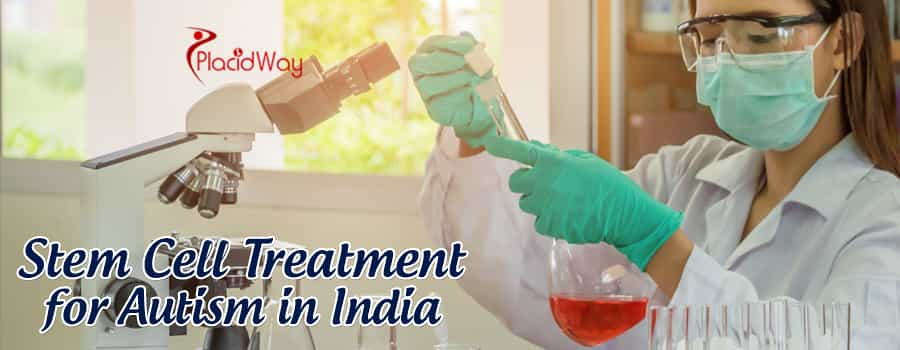



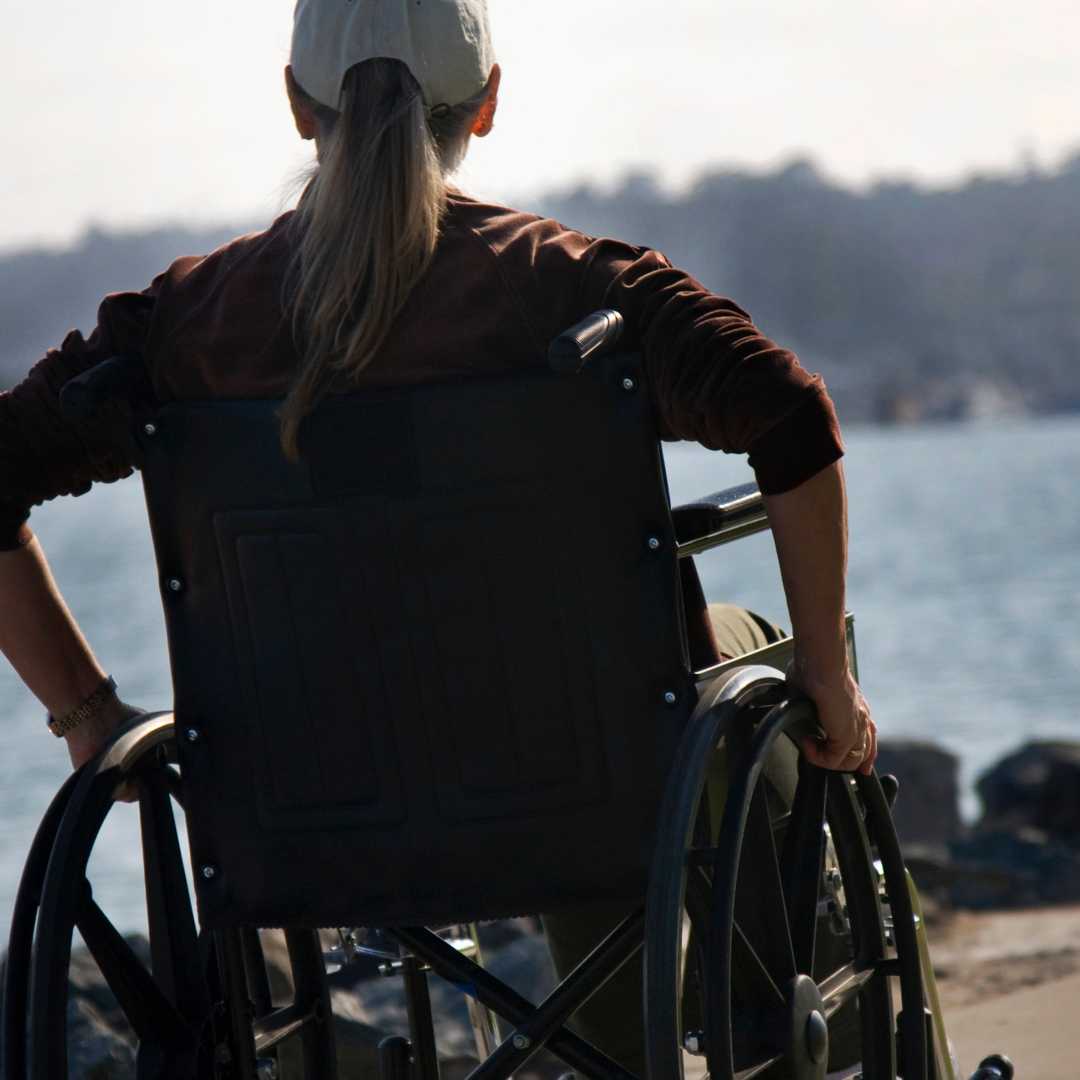
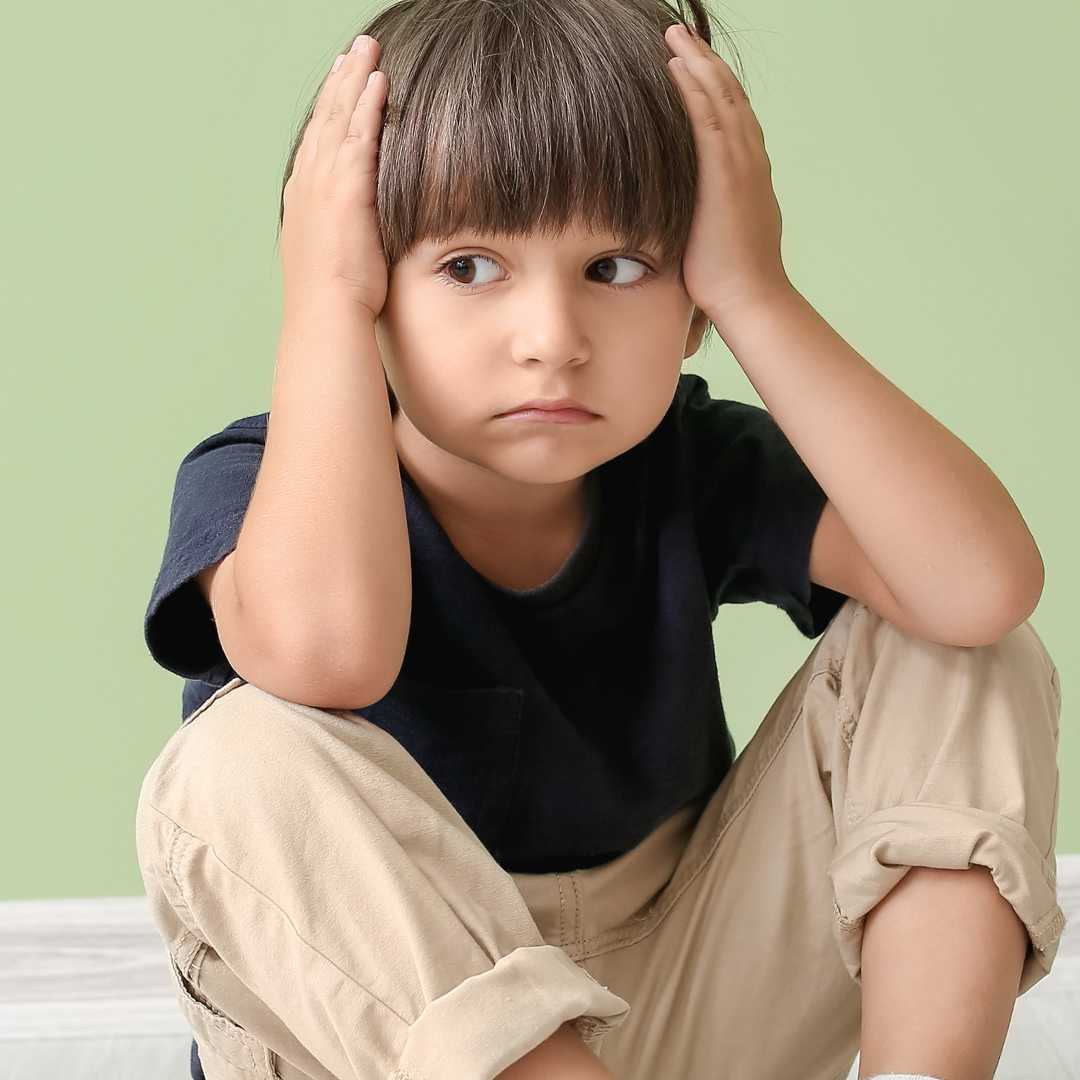

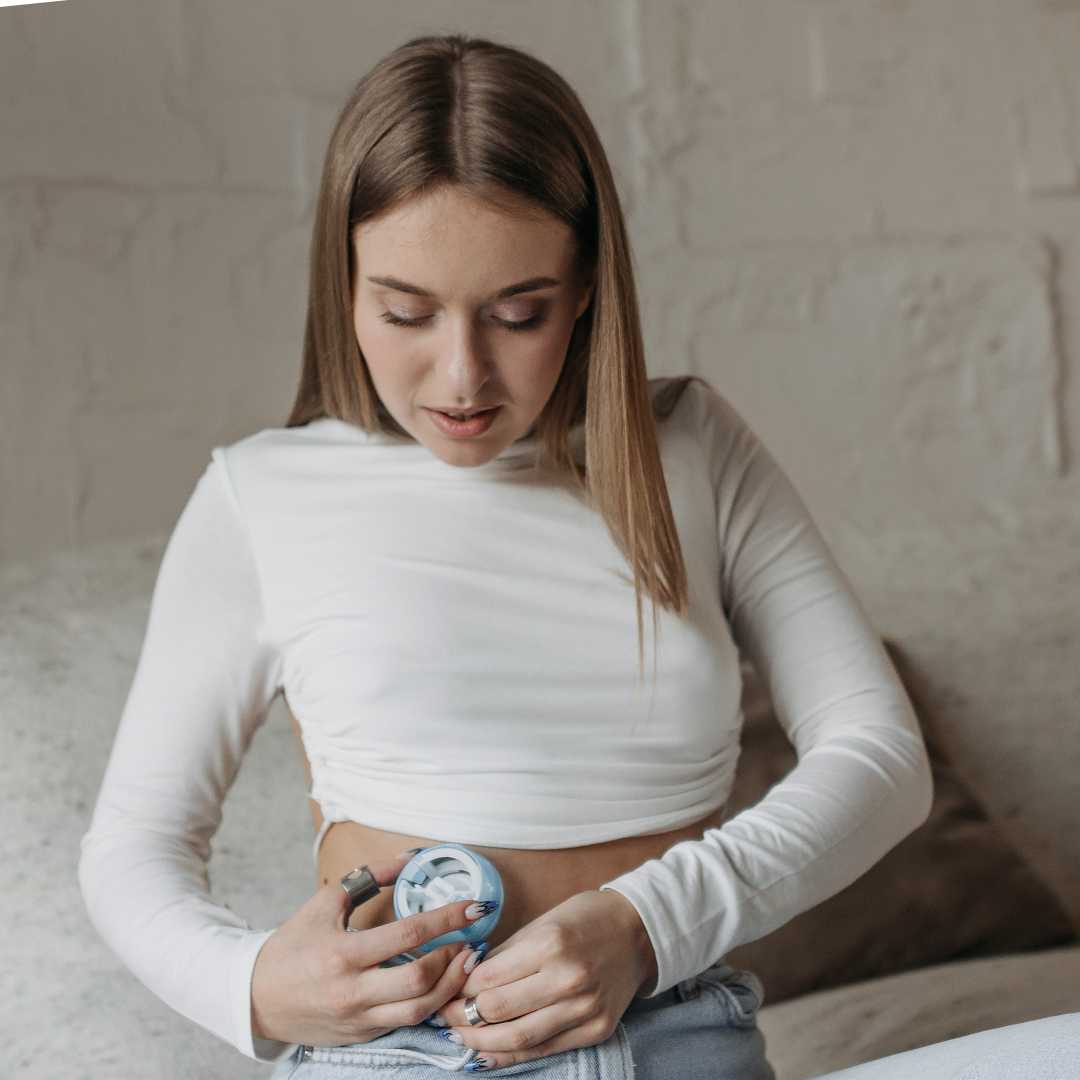
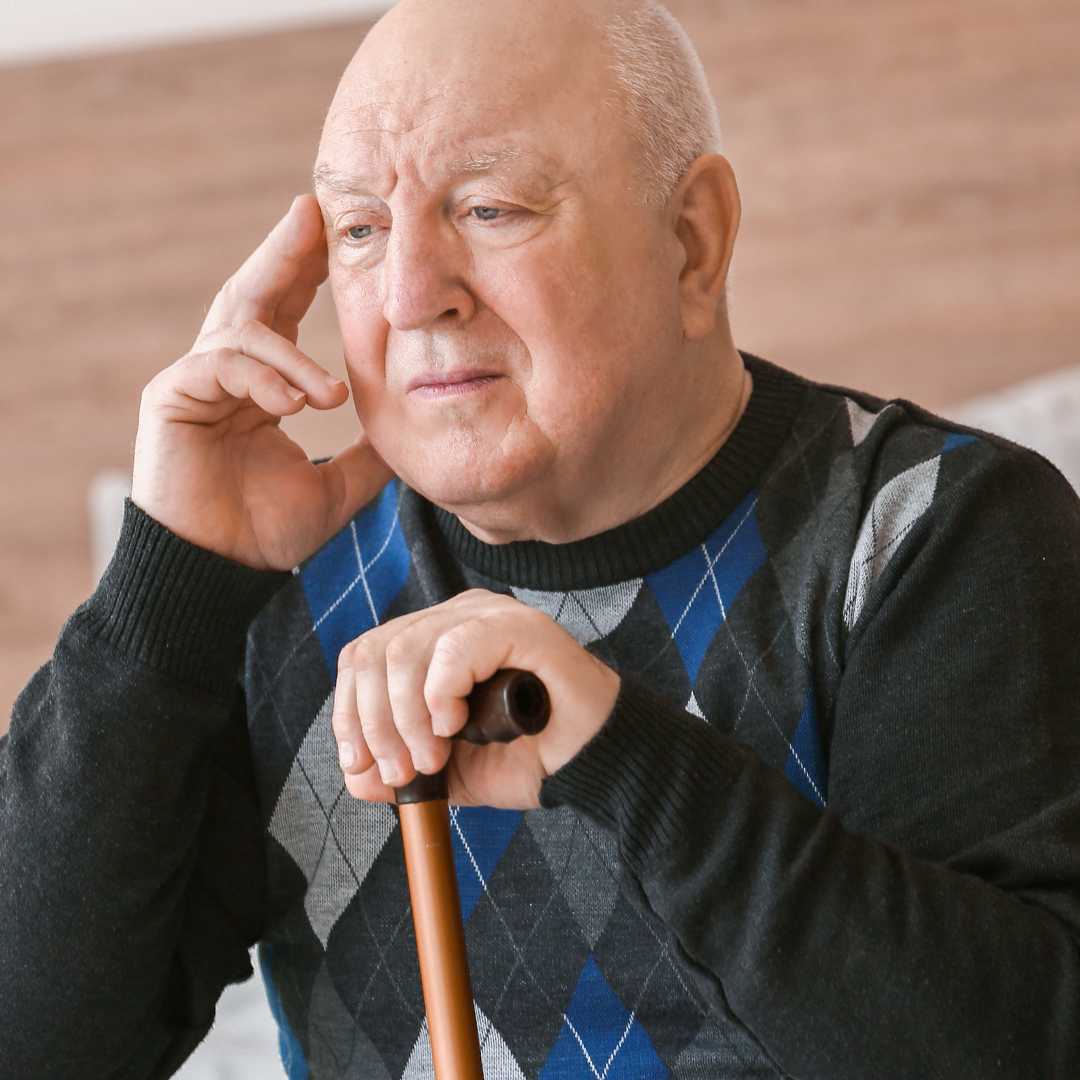
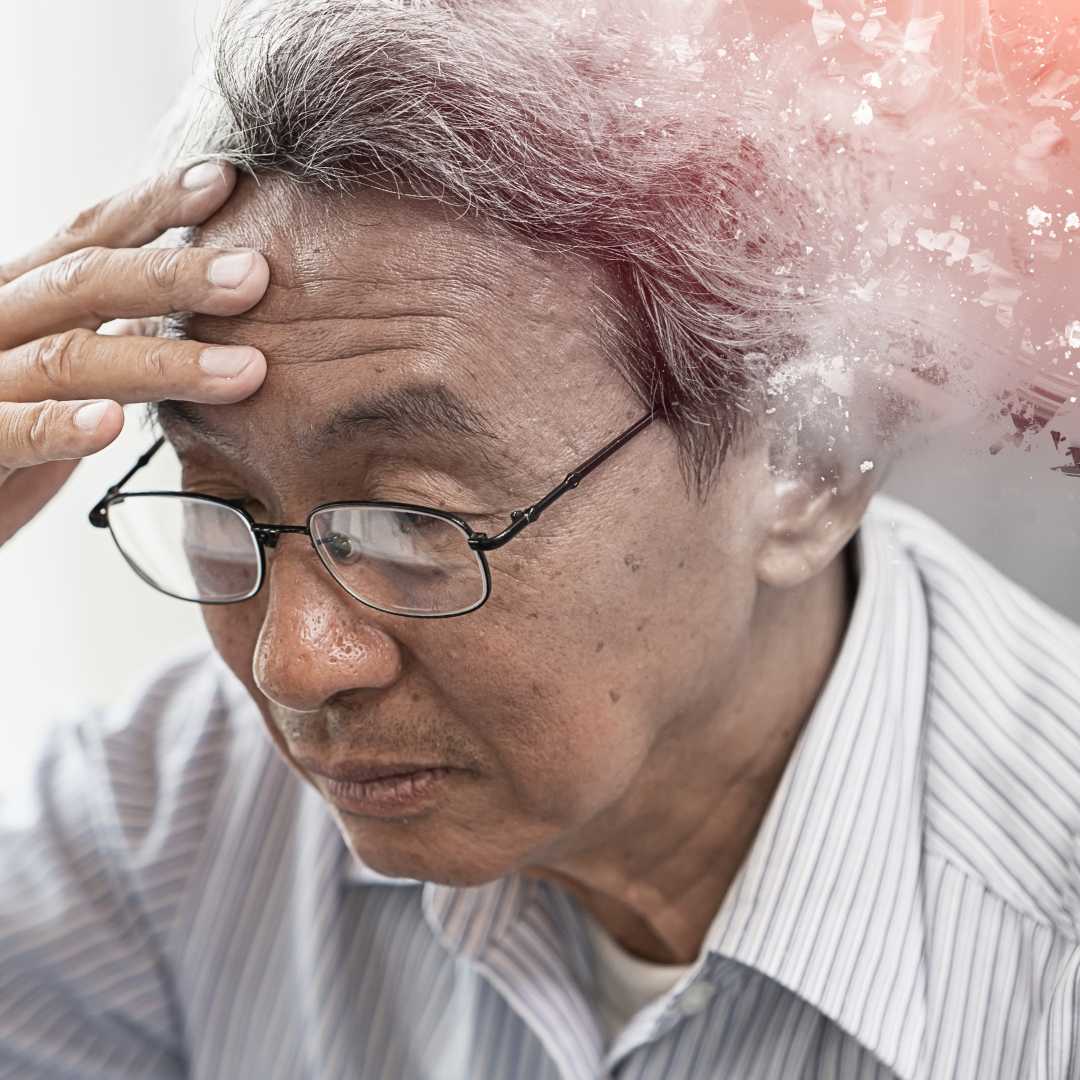


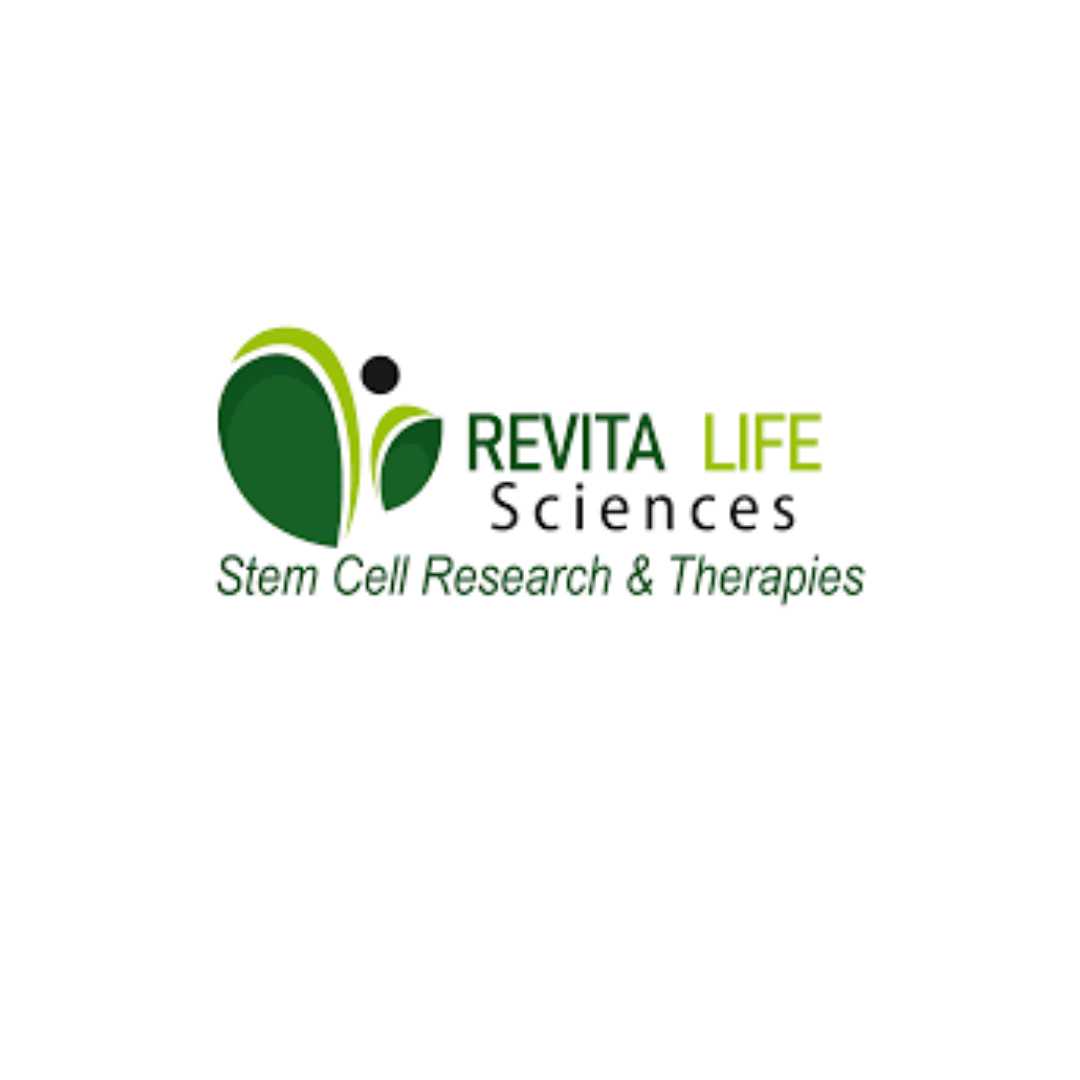
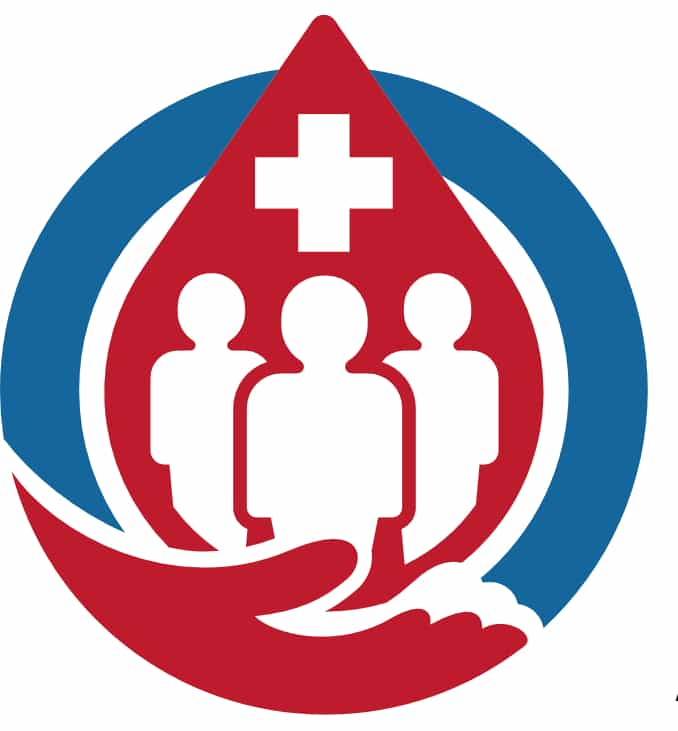

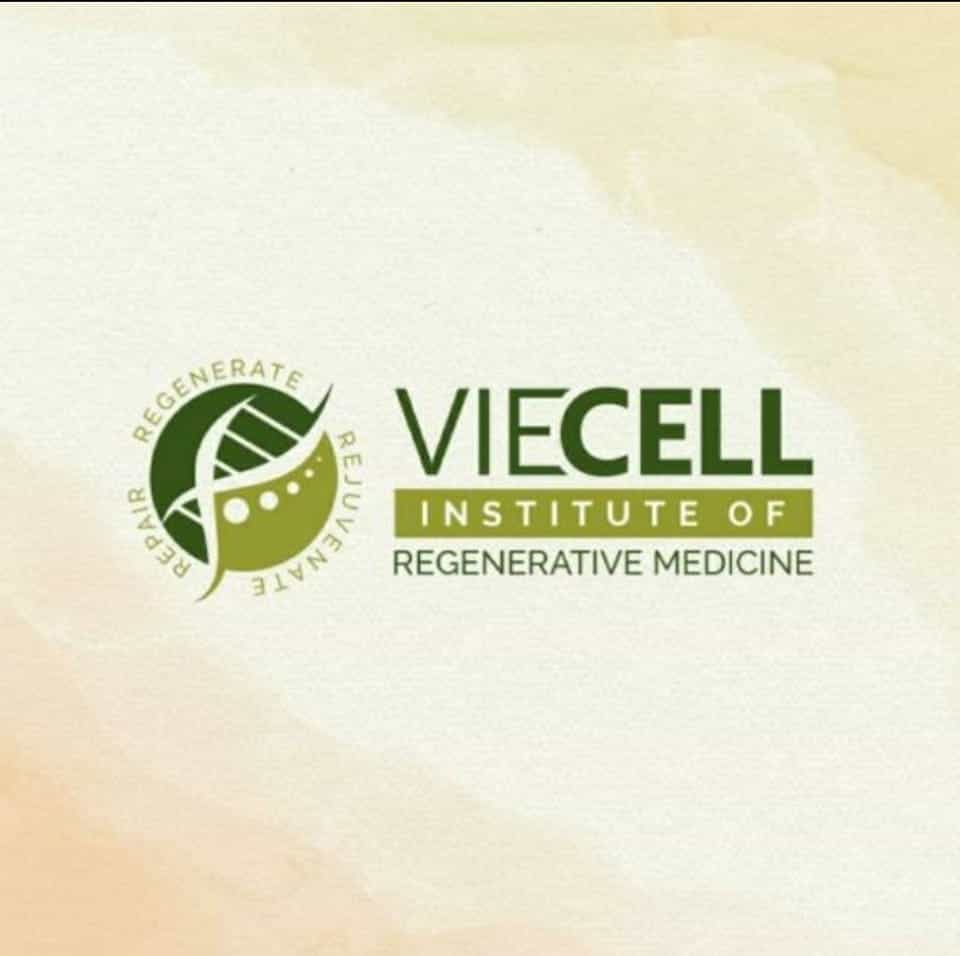

Share this listing